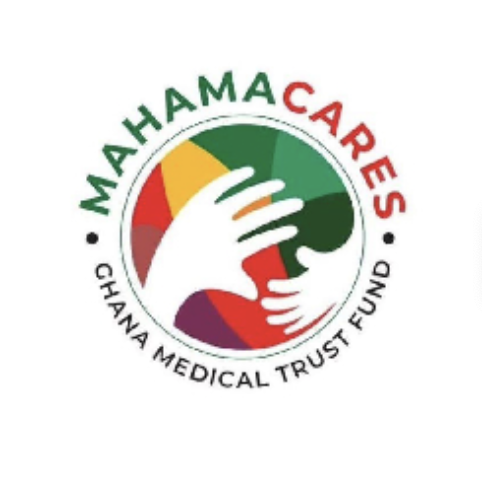Ghana approved the MahamaCares Fund to support chronic disease patients outside NHIS coverage, funded by levies and contributions. Despite delays and political concerns over funding and branding, it aims to ease care costs. Further talks with Finance will address sustainability and overlap with NHIA.
Parliament’s approval of the Ghana Medical Trust Fund Bill, 2025, also known as the MahamaCares Fund, marks a significant milestone in the nation’s healthcare policy landscape. Passed after a contentious debate on July 22, 2025, the bill establishes a dedicated fund to provide financial support for Ghanaians suffering from chronic non-communicable diseases (NCDs) such as cancer, diabetes, kidney failure, and stroke, conditions often inadequately covered by the existing National Health Insurance Scheme (NHIS). The Fund, launched by President John Dramani Mahama earlier in the year, aims to cover treatment costs outside the NHIS’s remit and will be financed through an uncapped National Health Insurance Levy, allocations from government budgets, and corporate contributions from citizens and institutions.
Health Minister Kwabena Mintah Akandoh, who tabled the Bill, underscored the Fund’s promise as urgent relief for patients burdened by NCDs, urging broad societal support to ensure its sustainability. Despite the legislation’s ultimate passage, the approval process was marked by delays, notably a postponed second reading after a quorum challenge from the Minority, reflecting persistent parliamentary divisions. While the Minority, led by Alexander Kwamina Afenyo-Markin, questioned the bill’s rushed introduction and the adequacy of its scrutiny, they did not oppose its central objective of targeting the mounting NCD burden in Ghana.
Significant apprehension was voiced by Dr. Nana Ayew Afriye, the Ranking Member on the Health Committee, who raised concerns about the Fund’s sustainability and public acceptance. He cautioned that allocating 20% of resources from the National Health Insurance Fund (NHIF) to the new Trust could weaken the National Health Insurance Authority (NHIA), risking service duplication and jeopardizing coverage for vulnerable populations. Dr. Afriye also criticized the “MahamaCares” branding as politically motivated and suggested seeking alternative sources such as the COVID-19 Levy to finance the Fund, alongside investments in healthcare infrastructure and equipment. The Health Committee ultimately advised further dialogue with the Ministry of Finance to clarify funding streams and the Trust’s mandate, aiming to avoid functional overlap with the NHIA, whose legislative mission is to protect the financially at-risk.



